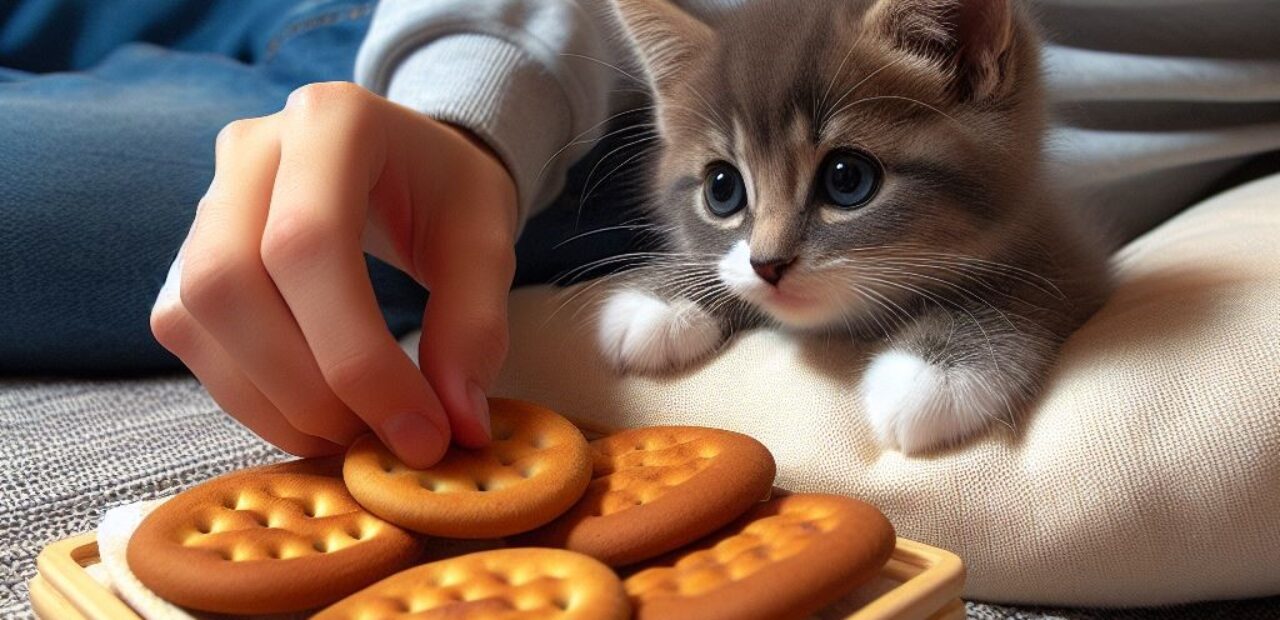Understanding Your Cat’s Behavior Around the Futon
Understanding your cat’s behavior around the futon can reveal their need for comfort, warmth, and bonding. Cats may enter to seek cozy retreats for trust-building moments with owners. Kneading reflects instinctual behaviors and emotional needs, aiding in relaxation and security. Occupying the futon showcases a preference for comfort and safety. Urinating on the futon could be due to medical issues, stress, or territorial marking. Solutions include waterproof sheets, behavioral training, and a conducive environment. Exploring further can offer valuable insights into your cat’s behaviors and needs.
Key Takeaways
- Cats enter futons for cozy bonding moments with owners, seeking warmth and comfort.
- Kneading the futon reflects instinctual behaviors, aiding relaxation and expressing contentment.
- Cats occupy futons prioritizing comfort, safety, and personal preference over etiquette.
- Urinating on the futon may indicate medical issues, stress, or territorial marking behavior.
- Solutions include waterproof sheets, behavioral training, and providing alternative toileting options.
Reasons Cats Enter the Futon
Have you ever wondered why cats are often drawn to enter the futon in your home?
Cats seek out futons as cozy retreats for bonding moments with their owners. These feline companions are naturally inclined towards warmth and comfort, making the soft folds of a futon an inviting space for them.
The act of entering the futon allows cats to feel close to their owners, fostering a sense of trust and affection. In this shared space, cats find solace and security in the familiar scent and presence of their human companions.
Understanding these reasons can help strengthen the bond between you and your beloved feline friend, creating a harmonious environment for both relaxation and connection.
Reasons Cats Knead the Futon
Cats often knead the futon for a variety of reasons, reflecting both instinctual behaviors and emotional needs. This comfort behavior is deeply rooted in their nursing memories from kittenhood.
Kneading helps cats relax, feel secure, and express contentment. It is a habit that some cats develop from not being nursed adequately as kittens. The rhythmic motion of kneading the futon also aids in relaxation and destressing for cats.
Reasons Cats Occupy the Futon
When observing cats occupying the futon, their behavior can be attributed to various factors influencing their decision to choose this particular sleeping spot. Cats may exhibit assertiveness, prioritizing their comfort over futon etiquette.
Feeling safe and secure in the center of the futon aligns with their natural instincts for security. Additionally, cats may choose the futon based on personal preference, showcasing independence in their selection of sleeping spots. Their unapologetic behavior stems from not conforming to social norms or courtesy, focusing solely on their comfort.
Trust in the environment also plays a role, with cats occupying the futon when completely at ease. Understanding these aspects of cat behavior can help create a harmonious living space for both felines and their owners.
Cat Urinating on the Futon: Causes
Observing cats occupying the futon can provide insights into their behavior, shedding light on potential reasons for inappropriate urination on this furniture piece. Understanding triggers for this behavior is crucial in preventing accidents. Here are some common causes of cat urinating on the futon:
- Medical issues: Urinary tract infections or other health problems can lead to inappropriate urination.
- Stress or anxiety: Changes in the environment, new pets, or loud noises can trigger stress-induced urination.
- Territorial marking: Cats may urinate on the futon to mark their territory, especially if they feel threatened.
- Litter box issues: A dirty or unsuitable litter box may drive cats to find alternative places to urinate.
Cat Urinating on the Futon: Solutions
Addressing the issue of inappropriate cat urination on the futon necessitates a strategic approach focused on understanding and implementing effective solutions. Cats may urinate outside the litter box due to various reasons like attraction to absorbent materials or territory marking.
To curb this behavior, consider using waterproof sheets to protect the futon and providing alternative toileting options like pet pads. Additionally, behavioral training plays a crucial role in retraining cats to use the litter box consistently. By reinforcing positive behaviors and redirecting negative ones, you can help your cat understand where it’s appropriate to urinate.
Consistent training and a conducive environment can go a long way in resolving this issue.
Sleeping With Cats on the Futon: Risks
Considering the potential risks associated with sharing your futon with cats, it’s essential to be aware of factors that can impact both the feline’s and owner’s well-being during sleep.
- Cat Allergies Prevention: Cat dander on futons can trigger allergies in susceptible individuals.
- Cat Proofing Furniture: Cats may scratch or damage futons, requiring protective measures.
- Accidental Harm: Owners rolling over on cats during sleep can cause injuries to the feline.
- Disrupted Sleep: Cats moving around or making noise on the futon can disturb the owner’s rest.
Being mindful of these risks can help create a safer and more comfortable environment for both cats and owners when sharing a futon.
Sleeping With Cats on the Futon: Benefits
Sleeping with cats on the futon can enhance the bond between owners and their feline companions while providing a sense of comfort and relaxation for both parties. This shared sleeping experience can lead to a deeper connection between the owner and the cat, enhancing relaxation for both individuals.
Cats are known to seek closeness during sleep, and sharing a futon can satisfy their need for warmth and security, contributing to a sense of bonding. The act of sleeping together can promote trust and contentment in the relationship, ultimately benefiting the well-being of both the cat and the owner.
Sleeping With Cats on the Futon: Considerations
When sharing a futon with cats, it is essential to consider the potential risks and benefits for both the owner and the feline companions.
- Cat Behavior: Understanding your cat’s behavior while sleeping on the futon can help create a harmonious environment.
- Sleeping Habits: Cats have unique sleeping habits that may impact your own rest and comfort levels.
- Health Considerations: Parasite and infection risks may arise from sharing a futon with cats, necessitating regular vet check-ups.
- Accidental Harm: Owners should be cautious to avoid accidentally harming their cats while sleeping together on the futon.
Frequently Asked Questions
How Can I Discourage My Cat From Scratching the Futon?
To discourage your cat from scratching the futon, employ training techniques such as providing a designated scratching post, using deterrent sprays, and reinforcing positive behavior. Redirecting your cat’s scratching instincts onto appropriate surfaces can effectively deter unwanted behavior.
Why Does My Cat Only Knead on Certain Types of Fabric?
Certain fabric textures trigger cats’ comfort instincts, leading them to knead. Felines associate specific fabrics with positive experiences, like kittenhood bonding. Understanding cats’ comfort preferences and their ingrained behaviors sheds light on their selective fabric choices.
Is There a Way to Prevent My Cat From Bringing Prey Onto the Futon?
Hunting instincts in cats may lead them to bring prey onto the futon. Training methods involving positive reinforcement can redirect this behavior. Consistent training, providing engaging toys, and praising desired behaviors can discourage prey bringing onto the futon.
What Should I Do if My Cat Starts Urinating on the Futon Suddenly?
When a cat starts urinating on the futon suddenly, it may signal underlying issues like health problems, stress, or changes in the environment. Consult a vet to rule out medical concerns. Provide a clean litter box and behavioral training to redirect inappropriate elimination.
How Can I Ensure My Cat Stays Warm on the Futon During Colder Months?
To ensure your cat stays warm on the futon during colder months, consider using heating pads or cozy blankets for added warmth. Elevated cat beds can also provide a snug and insulated spot for your feline companion.
Conclusion
In conclusion, understanding your cat’s behavior around the futon provides valuable insights into the intricate dynamics between felines and this common household furniture piece.
By exploring the reasons behind cats’ actions such as entering, kneading, or claiming the futon, pet owners can better cater to their pets’ instincts and preferences.
Addressing issues like inappropriate urination on futons through practical solutions and behavioral interventions can promote harmonious cohabitation and strengthen the bond between humans and their feline companions.



